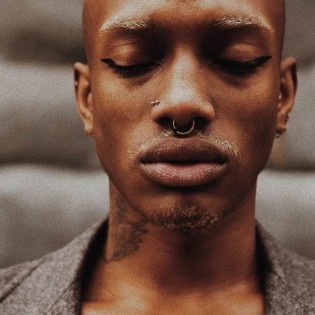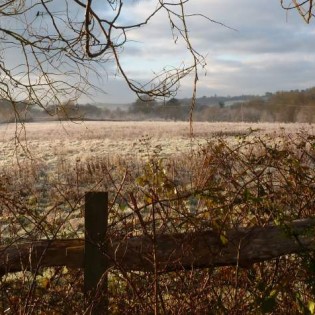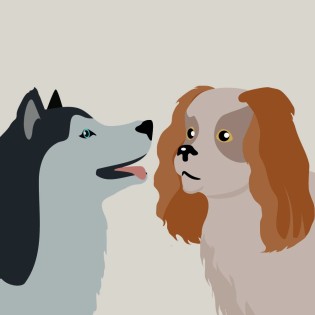A history of clickbait part 3

Truth, integrity and page views
We’ve been covering the history of clickbait, from the “yellow journalism” of the late 19th century to the attention economy of the internet age.
We’ve seen how good ol’ market economics has shaped newspapers’ content and presentation since their inception.
What we haven’t covered are the implications.
For one thing, there’s the thorny question of where we draw the line between clickbait and “real” content. If everyone from New York Times columnists to BuzzFeed is optimising headlines to maximise clicks, is every article that crosses our feeds, regardless of the source, ultimately clickbait?
And what does it say about us that clickbait is so prevalent and headlines so sensationalised?
If asked, we might claim we want papers to provide an unbiased analysis of the government’s latest food strategy, the good and the bad.
But really, we want to hear that Boris expects us to hunt deer. The rest won’t do nearly as much to sate our appetite for outrage.
We think we hate clickbait because it is an affront to truth, integrity and honour imposed upon us by money-grubbing writers and advertisers. We actually hate clickbait because it is a mirror that reflects our own biases, our own base desires and impulses back to us.
If we accept this, where does that leave us?
Maybe the answer is that we should stop kidding ourselves.
After all, as the first article in this series made clear, the news has never been an especially highbrow or unbiased medium. Quite the opposite, in fact. It was once widely accepted that newspapers had biases and this very openness meant that those biases were less of an issue.
This is a simplified reading, of course. There is much that I haven’t touched on and many other ways of assessing the situation. But if we approached the news through a lens of radical honesty about what it is and what we want from it, we might foster healthier relationships, both with the content we choose to consume and with our fellow readers.
Or we could all keep shouting. Yeah, we’ll probably do that.





